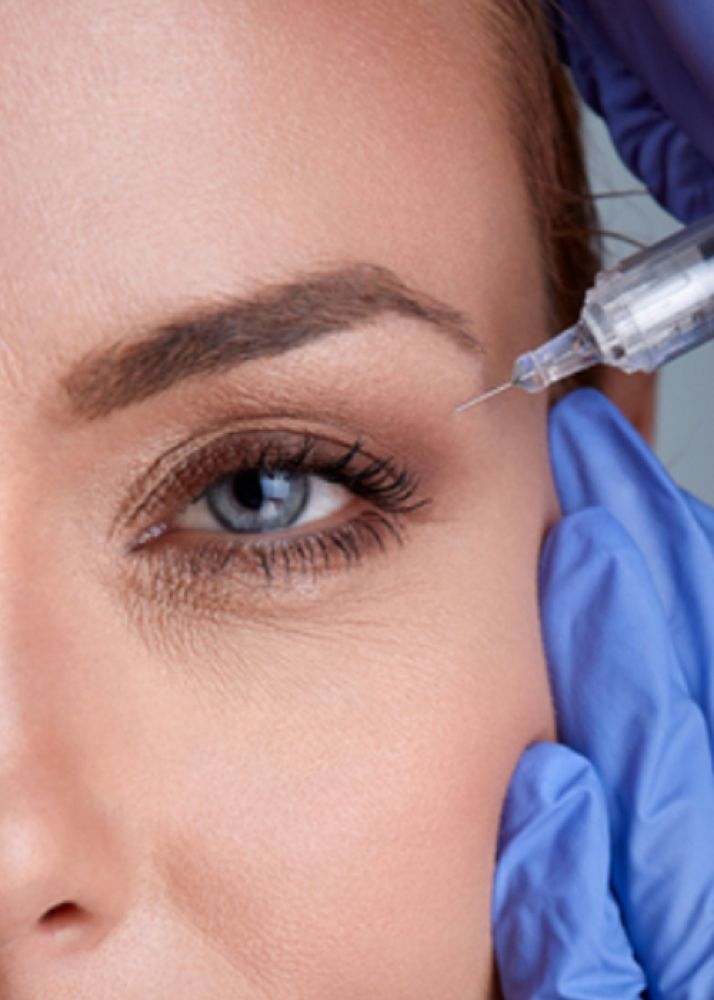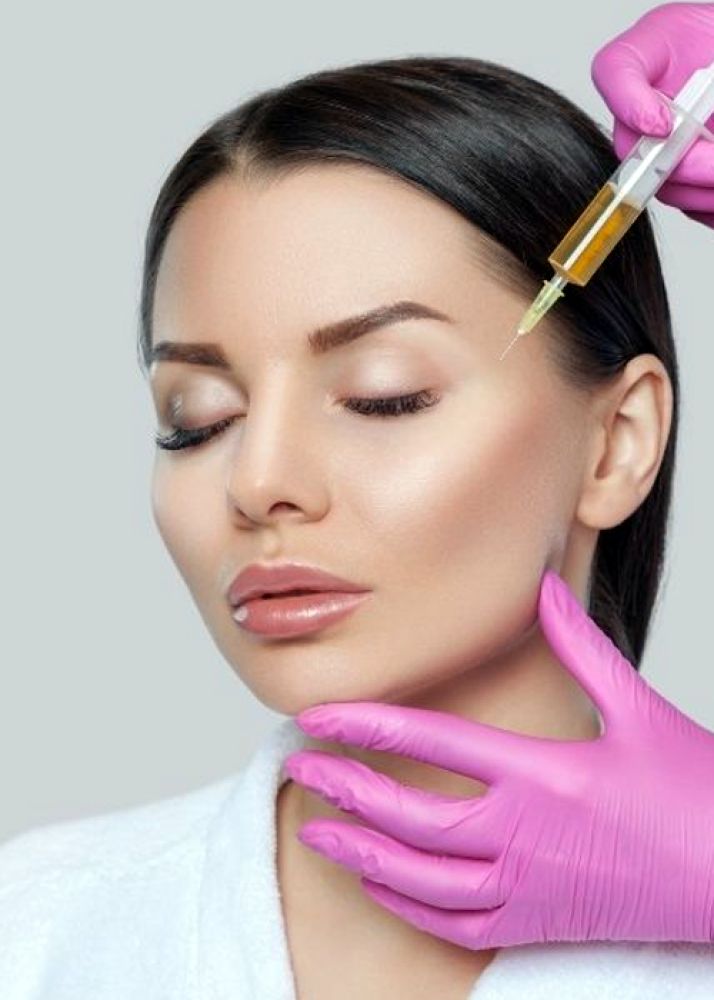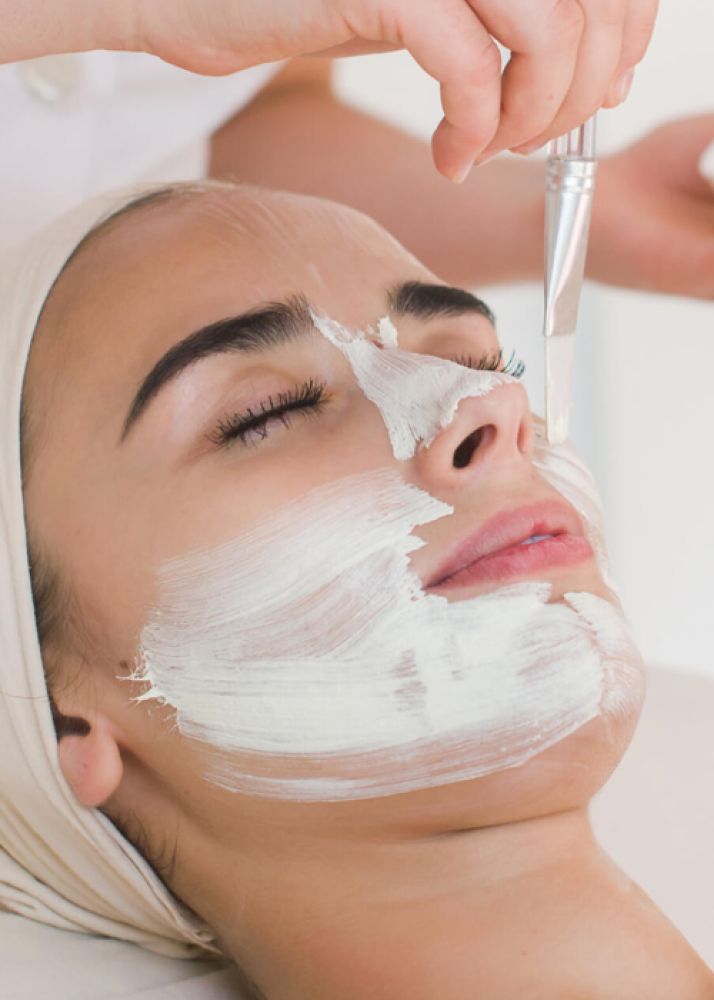Spot Treatment: Skin Spots and Treatment Methods
Skin spots are discolorations resulting from an increase or decrease in the melanin pigment in the skin. Aging, sun exposure, hormonal changes, acne scars, or skin injuries can all lead to the formation of these spots. Spot treatment methods applied by dermatologists aim to reduce pigmentation irregularities on the skin, providing a more even and healthy appearance.
Types of Skin Spots
Skin spots have different characteristics based on their type, and the choice of treatment is determined accordingly. The main types of skin spots include:
- Sunspots: Prolonged sun exposure can lead to the formation of brown or black spots on the skin.
- Melasma: Caused by hormonal changes, melasma appears as dark spots, primarily on the face. Pregnancy or the use of birth control pills are common causes.
- Acne Scars: These spots result from acne healing, often appearing as red or brown marks on the skin.
- Age Spots: Dark spots seen on the skin due to aging, commonly appearing on the hands, face, and neck.
Spot Treatment Methods
After evaluating and analyzing skin spots, a dermatologist will determine the appropriate treatment method based on the type, depth, and skin type of the patient. Several treatment options may be applied:
Chemical Peels: Special chemical solutions are used to renew the top layer of the skin, effectively reducing the appearance of spots. Peeling treatments can give the skin a brighter and smoother look.
Laser Therapy: Laser beams target the pigment in the spot areas, lightening their color. It is especially effective in treating dark spots like sunspots and age spots. Laser therapy helps to even out the skin tone and reduces the appearance of spots.
PRP (Platelet-Rich Plasma) Therapy: This treatment involves injecting plasma obtained from the patient’s own blood into the skin. PRP supports skin renewal and lightens spots by enhancing the skin’s natural healing process.
Microneedling (Dermapen): This procedure involves creating micro-channels in the top layers of the skin, promoting collagen production and reducing the appearance of spots.
Mesotherapy: Mesotherapy involves injecting vitamins, minerals, and amino acids into the skin, which is effective for spot treatment. It contributes to a brighter skin tone and reduces spot visibility.
Brightening Creams: Spot-brightening creams recommended by dermatologists support spot treatment by balancing skin tone. With regular use, pigmentation irregularities in skin color can be reduced.
Important Considerations in Spot Treatment
To enhance the effectiveness of spot treatment, it is essential to pay attention to certain factors:
- Sun Protection: Sun exposure can cause existing spots to darken or new spots to form after treatment. It is important to regularly use sunscreens with SPF 30 or higher during and after treatment.
- Consistent Care: Regularly using the skincare products recommended by your dermatologist increases the success of the treatment process.
- Patience: Spot treatments generally require multiple sessions, and results emerge over time. Patience and regular participation in the treatment process are key.
Consult Your Dermatologist
Spot treatment should be personalized by a specialist dermatologist. For more information about the most effective treatment options based on the type and depth of your skin spots, consult with your dermatologist.















